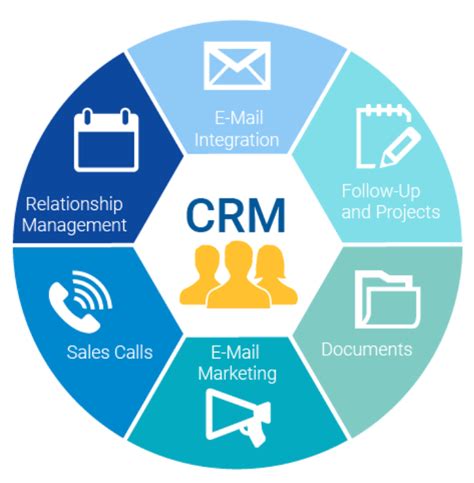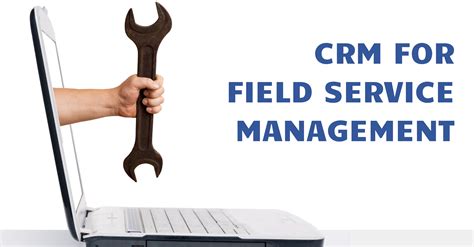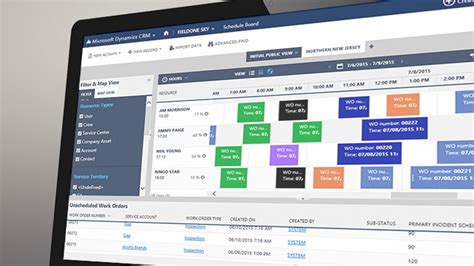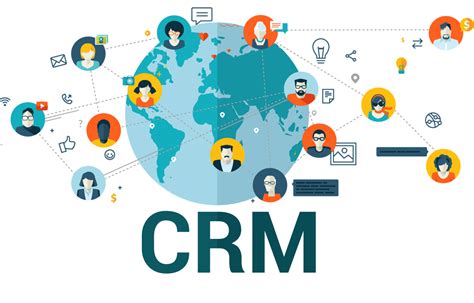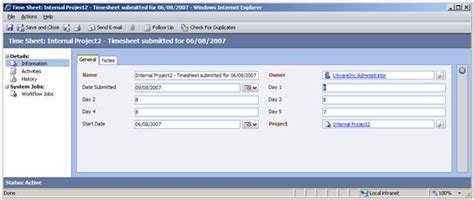The Importance of CRM for Service Business
In today’s highly competitive business landscape, customer experience is key. This is especially true for service businesses that rely heavily on customer satisfaction to retain clients. Customer Relationship Management (CRM) software can help service businesses streamline their operations and provide a personalized customer experience.
What is CRM Software?
CRM software is a tool that enables businesses to manage customer interactions and data. It allows businesses to track customer interactions, manage sales leads, and automate marketing campaigns. CRM software can also provide valuable insights into customer behavior and preferences.
The Benefits of Using CRM Software for Service Business
One of the main benefits of using CRM software for service businesses is improved customer satisfaction. By tracking customer interactions and preferences, businesses can provide a personalized experience that meets the unique needs of each customer. CRM software can also help service businesses manage their operations more efficiently, reducing costs and increasing profitability.
Choosing the Right CRM Software
When choosing CRM software for your service business, it’s important to consider your specific needs and budget. Look for a software that offers the features you need, such as contact management, sales automation, and marketing automation. You should also consider the scalability of the software, as your business grows and your needs change over time.
How to Implement CRM Software in Your Service Business
Implementing CRM software in your service business can be a daunting task, but it doesn’t have to be. Here are a few tips to help you get started:
1. Define Your Goals
Before implementing CRM software, it’s important to define your goals and objectives. What do you hope to achieve with the software? What metrics will you use to measure success?
2. Get Buy-In from Your Team
Implementing CRM software requires buy-in from your team. Make sure everyone understands the benefits of using the software and how it will help them in their day-to-day tasks.
3. Choose the Right Software
As mentioned earlier, choosing the right CRM software is crucial. Look for software that meets your specific needs and budget.
4. Train Your Team
Proper training is essential for successful implementation of CRM software. Make sure your team is trained on how to use the software and how it will benefit them in their roles.
5. Monitor and Evaluate
Once the software is implemented, it’s important to monitor and evaluate its success. Use metrics to measure the impact of the software on your business and make adjustments as needed.
The Future of CRM Software for Service Business
In the coming years, we can expect to see CRM software become even more sophisticated and integrated with other business tools. Artificial intelligence and machine learning will play an increasingly important role in providing personalized customer experiences. We can also expect to see more emphasis on mobile-first design, as more customers interact with businesses on their mobile devices.
Final Thoughts
CRM software is an essential tool for service businesses that want to provide a personalized customer experience and streamline their operations. By choosing the right software and implementing it effectively, service businesses can improve customer satisfaction and increase profitability. As we look to the future, we can expect CRM software to continue to evolve and play an increasingly important role in the success of service businesses.

